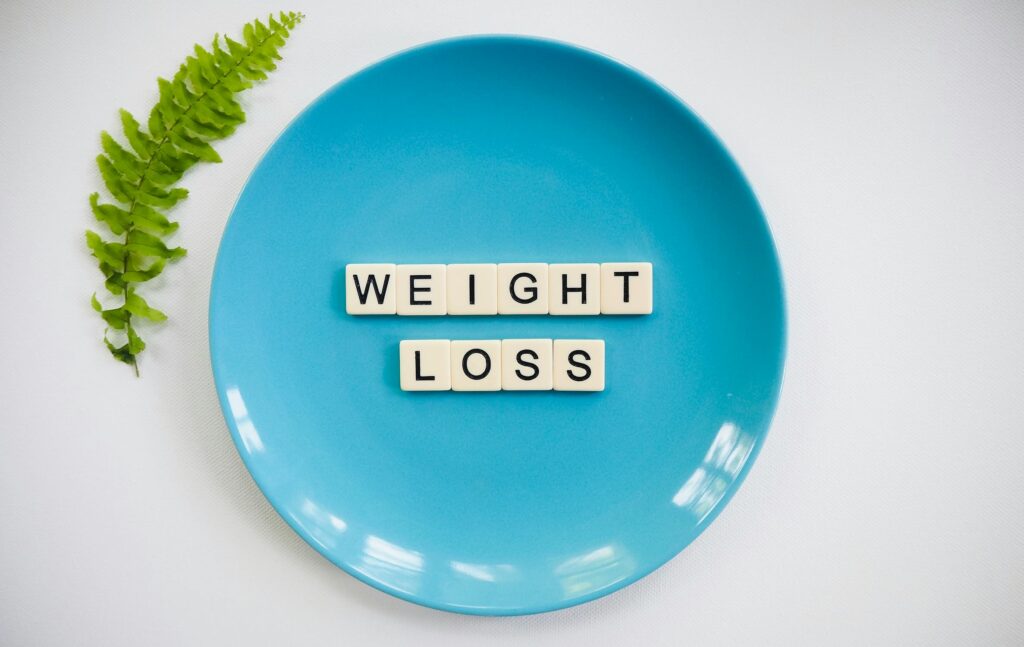How to Lose Weight Fast: Effective Strategies for Quick Results
Losing weight quickly is a common goal for many individuals seeking to improve their health or achieve a desired appearance. However, it’s essential to approach rapid weight loss with methods that are both effective and sustainable.
This article outlines practical steps and strategies to help you lose weight fast without compromising your health.
1. Understanding Rapid Weight Loss
Rapid weight loss typically refers to losing more than 1-2 pounds per week. While it is possible, it’s important to ensure that the methods used are safe and won’t lead to adverse health effects. The following strategies can help you achieve quick weight loss while maintaining your well-being.
2. Set Realistic Goals
Setting realistic weight loss goals is crucial. Aim for a weight loss target that is challenging yet achievable. Losing 10 pounds in a month is a reasonable goal for many people, but this can vary based on individual circumstances.
3. Diet Modifications
(A). Reduce Calorie Intake
The fundamental principle of weight loss is creating a calorie deficit, where you burn more calories than you consume. To lose weight quickly, you may need to significantly reduce your calorie intake. Consider consulting a nutritionist to determine a safe caloric deficit for your body type and activity level.
(B). Eat High-Protein, Low-Carb Diet
Switching to a high-protein, low-carbohydrate diet can accelerate weight loss. Protein increases metabolism and reduces appetite, helping you eat fewer calories. Include lean meats, fish, eggs, and plant-based proteins in your diet while cutting down on sugary foods and refined carbs.
(C). Increase Fiber Intake
Foods high in fiber can help you feel full longer, reducing overall calorie consumption. Incorporate plenty of vegetables, fruits, legumes, and whole grains into your diet.
4. Hydration
Drinking plenty of water is vital for weight loss. Water boosts metabolism, helps to flush out toxins, and can reduce appetite when consumed before meals. Aim for at least eight 8-ounce glasses of water per day.
5. Exercise Regularly
Combining diet with exercise is the most effective way to lose weight fast. Incorporate both cardio and strength training into your routine.
(A). Cardio Exercises
Cardiovascular exercises like running, cycling, and swimming burn a significant amount of calories. Aim for at least 150 minutes of moderate-intensity cardio per week, or 75 minutes of high-intensity cardio.
(B). Strength Training
Strength training helps build muscle mass, which increases your resting metabolic rate. Include weight lifting, bodyweight exercises, or resistance band exercises at least two to three times a week.
(6). Interval Training
High-Intensity Interval Training (HIIT) is particularly effective for rapid weight loss. HIIT involves short bursts of intense exercise followed by rest periods. This method burns more calories in a shorter time compared to steady-state cardio.
7. Monitor your progress
Tracking your progress can keep you motivated and help you adjust your strategies as needed. Use a journal, mobile app, or a fitness tracker to record your daily food intake, exercise, and weight changes.
8. Get Adequate Sleep
Sleep plays a critical role in weight management. Lack of sleep can disrupt hormones that control appetite and increase cravings for unhealthy foods. Aim for 7-9 hours of quality sleep each night.
Read also; Keto Made Simple: A Step-by-Step Guide to Transforming Your Life
9. Manage Stress
Chronic stress can lead to weight gain by triggering emotional eating and increasing the hormone cortisol, which is linked to fat storage. Practice stress management techniques such as meditation, deep breathing exercises, or yoga.
10. Consider Professional Guidance
If you’re struggling to lose weight on your own, consider seeking help from professionals. A registered dietitian, personal trainer, or weight loss coach can provide personalized advice and support.
11. Avoid Fad Diets and Extreme Measures
While it might be tempting to follow fad diets or take extreme measures to lose weight quickly, these approaches are often unsustainable and can be harmful. Instead, focus on making gradual changes that promote long-term health.
12. Healthy Eating Habits
Developing healthy eating habits can aid in rapid weight loss and help you maintain it. Some tips include:
Eat Slowly: Eating slowly can help you recognize signs of fullness and prevent overeating.
Mindful Eating: Pay attention to what and when you eat. Avoid distractions like TV or smartphones while eating.
Smaller Plates: Using smaller plates can help control portion sizes and reduce calorie intake.
13. Incorporate Lifestyle Changes
Long-term weight loss success depends on incorporating lasting lifestyle changes. These include:
Cooking at Home: Preparing meals at home allows you to control ingredients and portion sizes.
Regular Physical Activity: Beyond structured workouts, try to stay active throughout the day with activities like walking, taking the stairs, or doing household chores.
14. Stay Motivated
Staying motivated can be challenging, especially when the initial excitement wears off. Find ways to stay inspired, such as:
Setting Short-Term Goals: Break down your overall weight loss goal into smaller, achievable targets.
Rewarding Yourself: Treat yourself for reaching milestones (non-food rewards) to stay motivated.
Support System: Surround yourself with supportive friends or join a weight loss group.
Conclusion
Losing weight fast is achievable with the right combination of diet, exercise, and lifestyle changes. However, it’s essential to prioritize your health and well-being throughout the process.
By setting realistic goals, making sustainable changes, and seeking support when needed, you can achieve rapid weight loss and maintain it in the long term.
Remember, the key to successful weight loss is consistency and commitment to a healthier lifestyle.

